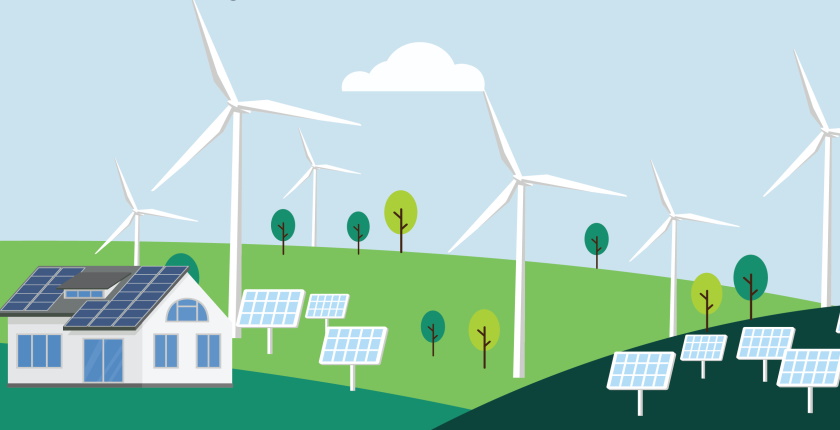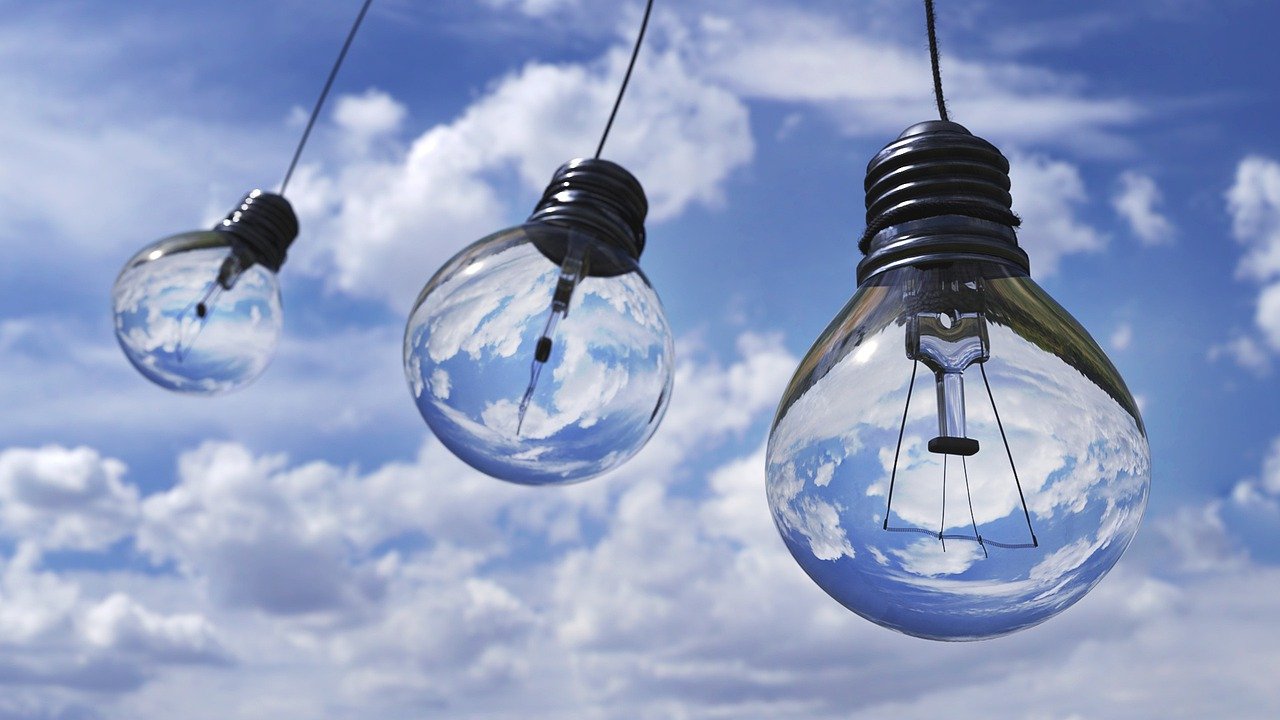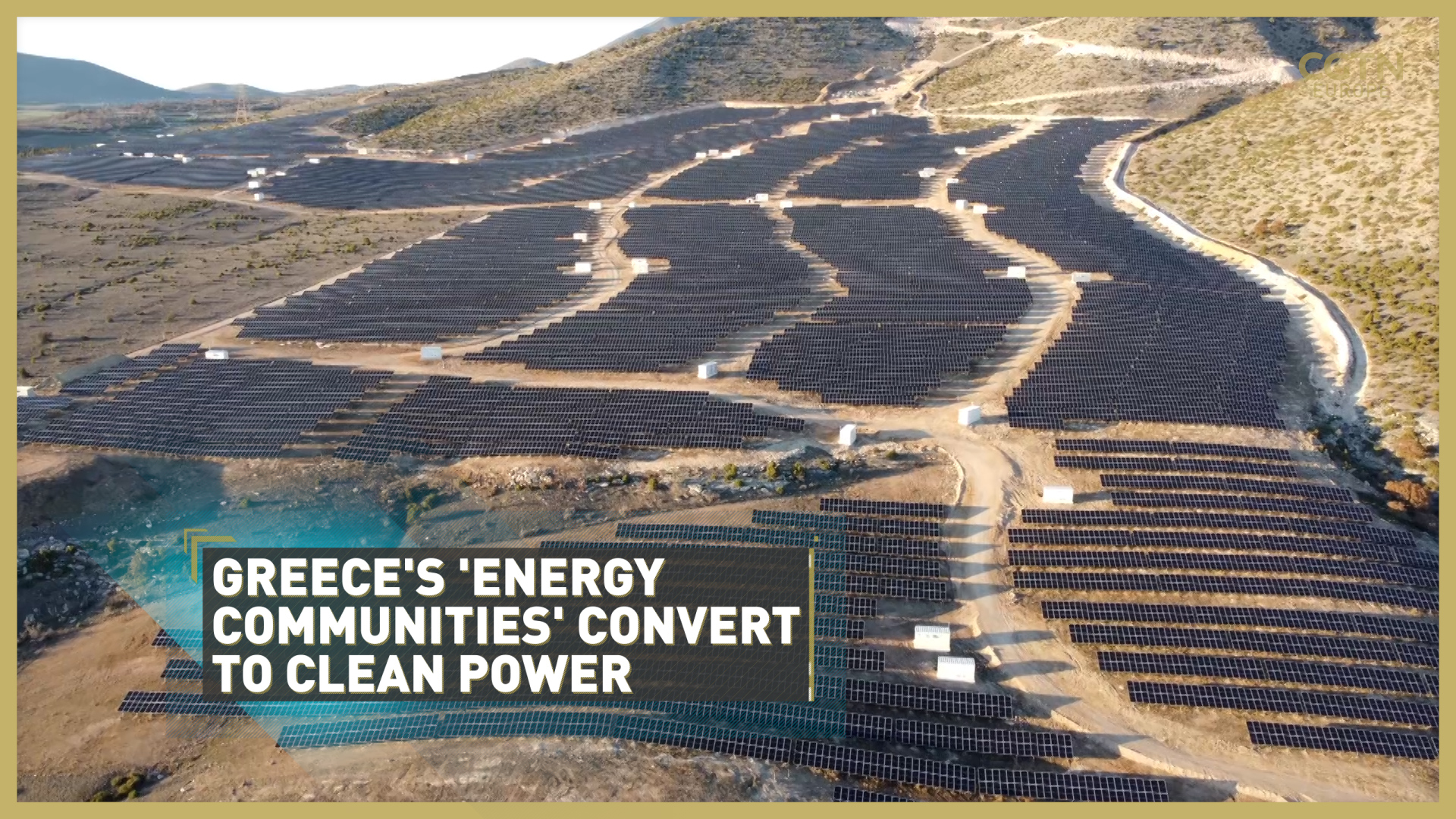By Evangelia Petsa,
The global community is experiencing an unprecedented energy crisis. Global population growth and consumerism have led to a dramatic reduction in the reserves of traditional forms of energy. With this data, the states are looking for alternative forms of energy. One of them is photovoltaics through the establishment of energy communities. Especially for Greece, which is a sunny country, these flexible systems that can be applied even at the residential level are among the most promising technologies of the new era.
Energy communities are regulated by Law 4513/2018. Based on the provisions of article 1 of Law 4513/2018, the energy community is an urban cooperative of exclusive purpose with the aim of promoting the social and solidarity economy and innovation in the energy sector, tackling energy poverty and producing energy sustainability, the production, storage, self-consumption, distribution, and supply of energy, the strengthening of energy self-sufficiency and security in island municipalities, as well as the improvement of energy efficiency in the final use at the local and regional level, through the activity in the fields of Renewable Energy Sources, of High-Efficiency Cogeneration of Electricity and Heat, rational use of energy, energy efficiency, sustainable transport, demand management, and energy production, distribution and supply.

Members of the energy community can be individuals, private law legal entities, legal entities of public law, local self-government organizations of first degree of the same region within which the seat of energy community is or businesses thereof, and local self-government organizations of second degree of the seat of the energy community. When setting up an energy community a minimum of five members is required, if the members are private law legal entities, legal entities of public law and individuals, three members, if the members are legal entities (private or public sector), and individuals with the condition that at least two are local self-government organizations and two, if the members are first-degree local self-government organizations of island regions with a population of fewer than 3,100 habitats. In any case, at least 50% percent plus one of the members must be related to the place where the seat of the energy community is located. In particular, the natural person members must have full or bare ownership or usufruct in a property located within the region of the seat of the energy community or be citizens of a municipality of this region, while the member legal entities must have their seat within the region of the seat of the energy community.
Article 4 of the Law details the aims and activities of energy communities, which can be for-profit or non-profit. Some typical examples include the operation of a photovoltaic system in a building or park for virtual self-production of community members (e.g. households in apartment buildings, small businesses, etc), operation of the solar park by the local authority or energy provider for solar social policy, operation of a wind farm by community members and/or local self-government organizations for virtual self-generation or sale of electricity to the grid, biomass or biogas plant operation for rural community energy production and supply chain management, operation of a greenhouse with a cogeneration unit.
One of the most important provisions of the Law is the possibility of virtual self-production (virtual net-metering) by households and small or medium-sized enterprises. Virtual self-generation allows us to produce our own clean energy for self-consumption from a Renewable Energy Source system, even if we do not have the necessary space to install the system in our house Quite simply, the RES system can be located far from the point of consumption (e.g. in another building, on a plot of land). The energy produced by the system will be offset against our electricity bill, as it would be if we have installed the system on the roof of our house. The solar system can be placed at any point of the network within the region or in the case of Attica in a neighboring region.

Essentially, net metering has the following function. When during the day we produce more energy than we need, the excess is “stored” almost for free in the grid so that we can take it back in the evening when we need it. If we need even more energy we buy it as most of us do. If we need less, then the excess energy is “credited” and carried over to the next period. The final settlement takes place after three years. Any surplus energy after the completion of the three years is lost. This is so that there is an incentive to install only as much PV as we need, based on our annual actual needs and not more. Also, a final settlement is made in the event that we choose to change providers. In this case, a new contract with the new provider will be required.
Self-production is directly linked to energy savings since it reduces the energy footprint of the building and therefore the need to purchase electricity. In addition, it is a motivation for more correct use of energy and further energy upgrading, through the replacement of the polluting oil burner with efficient heat pumps, which will consume electricity coming from our photovoltaic system. But above all, let us not forget that electricity is produced in a very destructive way for the environment, the climate, and public health by burning coal (lignite), natural gas, and oil. In particular, the burning of coal for the production of electricity is the main source of greenhouse gas emissions on the planet. With self–production, we help protect the environment, reduce local pollution, and contribute directly to the fight against climate change.
References
- Νόμος 4513/2018-Ενεργειακές Κοινότητες και Άλλες Διατάξεις. lawspot.gr. Available here




